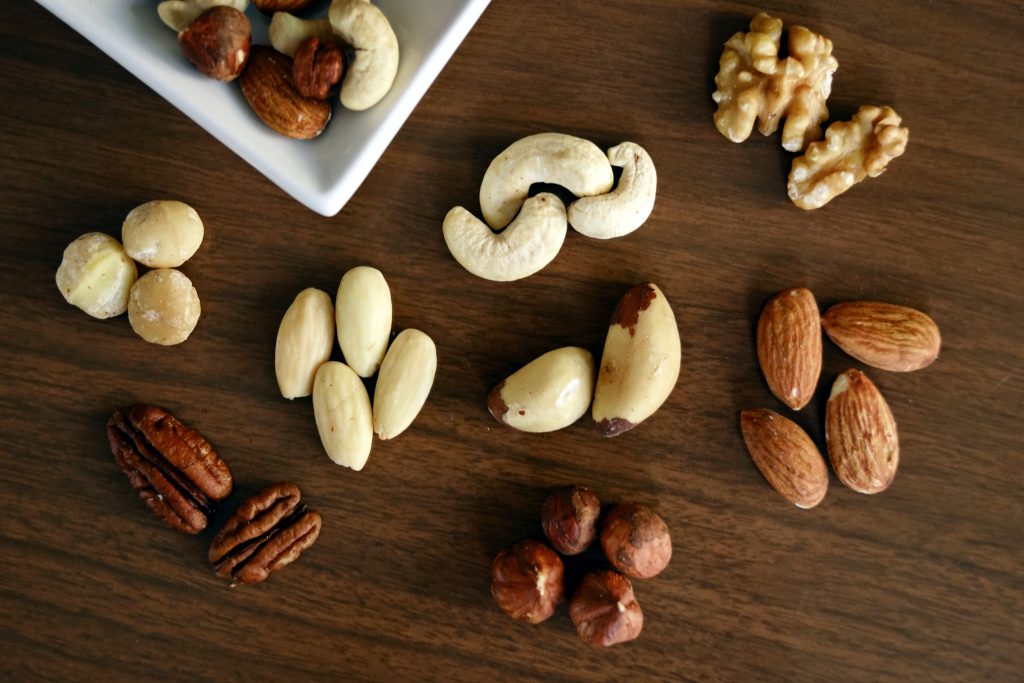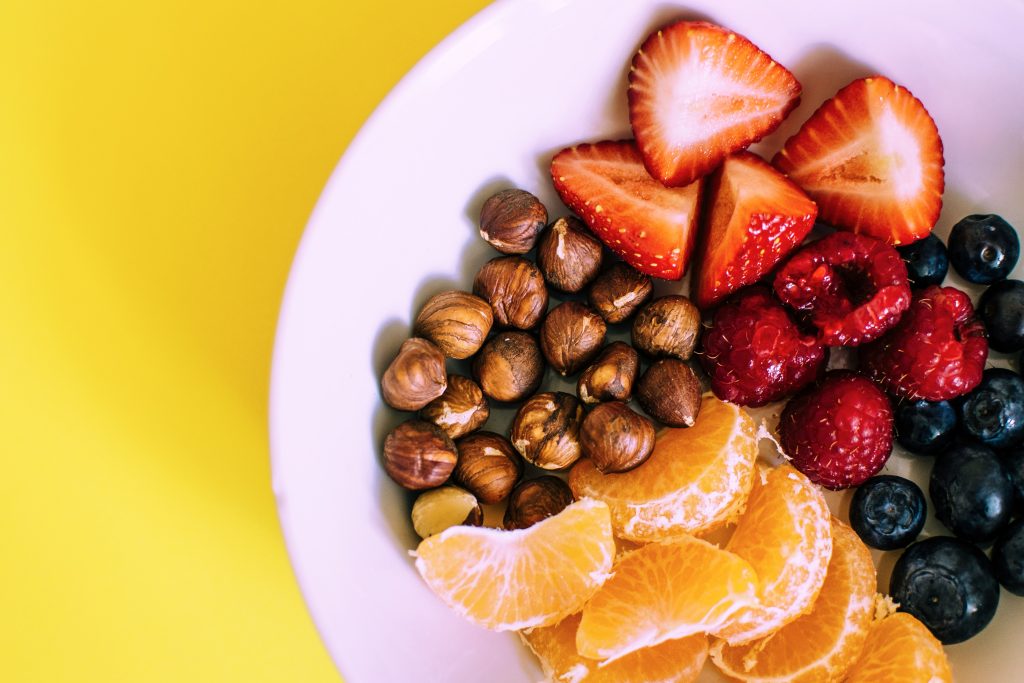Having a balanced diet is essential for overall health and well-being. Eating the right foods helps ensure your body receives all the nutrients it needs to function at its best. Healthy snacking is integral to a healthy and balanced diet, providing energy and keeping hunger pangs at bay. The key is choosing nutritious snacks yet low in calories and fat.
Snacking can be a great way to satisfy hunger and keep your energy levels up throughout the day, but it’s important to know how to make healthy snacking choices. Eating nutritious snacks is not only beneficial for maintaining good health, but they can also help with weight loss.
Eating healthy snacks throughout the day is an easy way to ensure you’re getting enough nutrients and staying energized without overeating or eating unhealthy foods. When choosing a snack, try to pick something that contains at least one of these key components: protein, fiber, whole grains, healthy fats, vitamins, and minerals. Protein-rich snacks like nuts or yogurt are great options for keeping you feeling full longer and providing essential vitamins and minerals. Fiber-rich snacks like fresh fruit or vegetables are also excellent options for helping digestion and keeping blood sugar stable.

Energy Needs: Measuring Calorie Intake
The modern world is driven by energy, and we must ensure that our bodies are fueled with what we need. It is important to understand the importance of measuring our daily calorie intake to maintain a healthy lifestyle.
A balanced diet consists of proteins, carbohydrates, and fats, providing us with the necessary energy for daily activities. In addition, choosing healthy snacks such as fruits and vegetables between meals can also help maintain an adequate level of nutrition and provide energy boosts throughout the day.
To get the most out of your body’s performance, it is vital to understand how much energy you need each day to sustain your health and well-being. By tracking your calorie intake daily through careful planning and monitoring, you can manipulate your diet accordingly to achieve optimal results.
Nutrient Balance: Macronutrients & Micronutrients
Good nutrition is key to maintaining a healthy lifestyle. Balancing your macronutrients and micronutrients can help you make the best choices for a nutrient-rich diet. Macronutrients are energy-providing substances that are needed in relatively large amounts: carbohydrates, fats, and proteins. On the other hand, micronutrients provide essential vitamins and minerals that help maintain overall health and wellness – but these only need to be consumed in smaller quantities.
Including all three macronutrients in your diet will give you sustained energy throughout the day while providing an array of nutrients that keep your body functioning properly. The recommended daily intake of macronutrients is usually 40–60% carbohydrates, 20–35% fat, and 10–35% protein, depending on age and activity level.
Healthy Foods: Whole Grains, Fruits & Veggies
Eating a balanced diet is important for health, and the best way to get it is by including healthy snacks in your everyday meals. Any healthy diet should consist of whole grains, fruits, and vegetables. They provide essential vitamins and minerals and are also low in fat and cholesterol, which can help reduce your risk of developing chronic conditions like heart disease or cancer.
Whole grains are packed with fiber, B vitamins, and minerals such as iron, magnesium, and selenium that support the body’s energy levels throughout the day. Including whole grains in your daily meals will keep you feeling full for extended periods and help regulate blood sugar levels. Fruits contain antioxidants that protect against free radicals that damage cells over time.

Portion Control: Mindful Eating Habits
Portion control is a key factor in living a healthy lifestyle. Eating the right amount of food and choosing healthful snacks and balanced meals can make all the difference in maintaining your physical and mental health. Mindful eating habits are essential for optimizing portion control and improving diet and overall well-being.
Mindful eating involves being aware of what you’re consuming, how much, why you’re eating it and how it makes you feel. It requires attention to signals from your body that indicate when you’re hungry or full and your thoughts about food. Mindfulness means taking the time to enjoy each bite by slowing down while eating, savoring flavors and aromas, chewing thoroughly, noticing textures, and even setting aside distractions like TVs or phones while dining.
Identifying Unhealthy Snacks
Snacking can be a great way to curb hunger and maintain energy levels throughout the day. However, it is important to make sure that snacks are healthy to ensure a balanced diet. Identifying unhealthy snacks can help individuals make better decisions regarding snacking.
Processed or sugary snacks provide little nutritional value and should generally be avoided. Common examples of unhealthy snacks include chips, candy, cookies, ice cream, cakes, and other baked goods high in sugar or artificial flavors. Eating too many of these treats can lead to an increased risk for diabetes and obesity and reduce overall health due to a lack of essential nutrients.
To identify healthier snack options, it is important to look for nutrient-dense foods such as fruits and vegetables, whole grains, nuts, and seeds.
Ideas for Healthy Snacks
Having a balanced diet is important for physical health and overall well-being. Eating a healthy snack between meals can help to keep energy levels up, prevent overeating at meal times, and maintain a healthy lifestyle.
There are many ways to ensure that your snacks are healthy and nutritious. A good option is to focus on fresh fruits and vegetables like carrots, apples, or other whole foods like nuts, seeds, and granola made from lupini flakes. These foods are packed with essential vitamins and minerals that will give your body the nutrients it needs throughout the day. You could also choose lighter options such as yogurt or oatmeal, which provide protein and fiber without being too heavy on calories.
Conclusion: Balanced Diet for Optimal Health
Snacking is an important part of a healthy and balanced diet. Eating healthy snacks helps improve energy levels, regulate blood sugar, and manage hunger. It is important to choose snacks low in calories, fat, and sugar while providing plenty of vitamins, minerals, and fiber. Finally, it is essential to plan when it comes to snacking.


